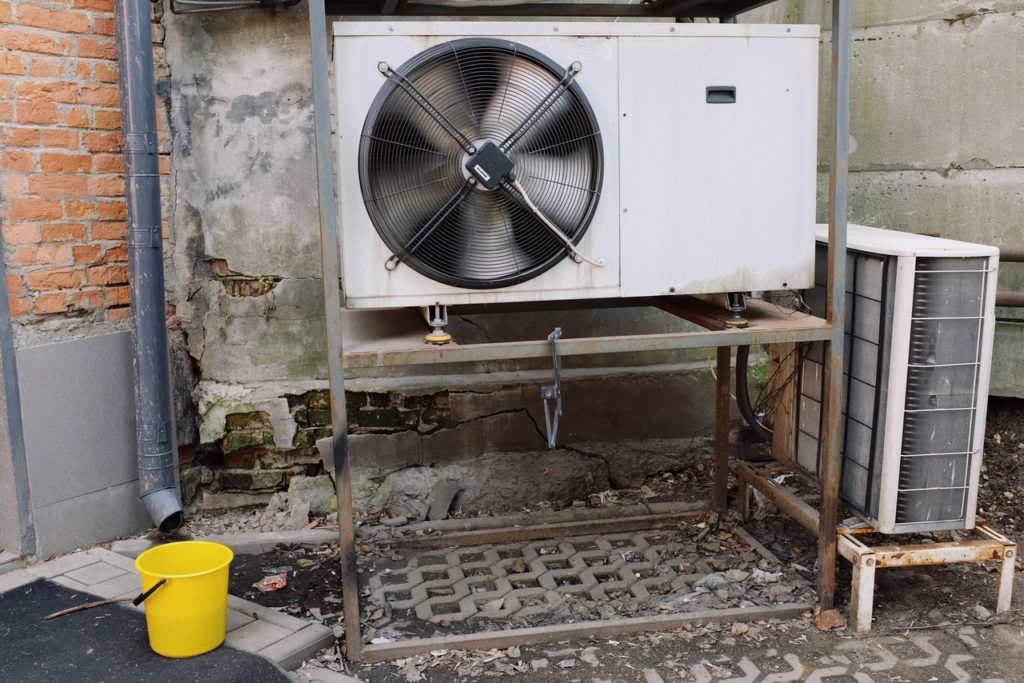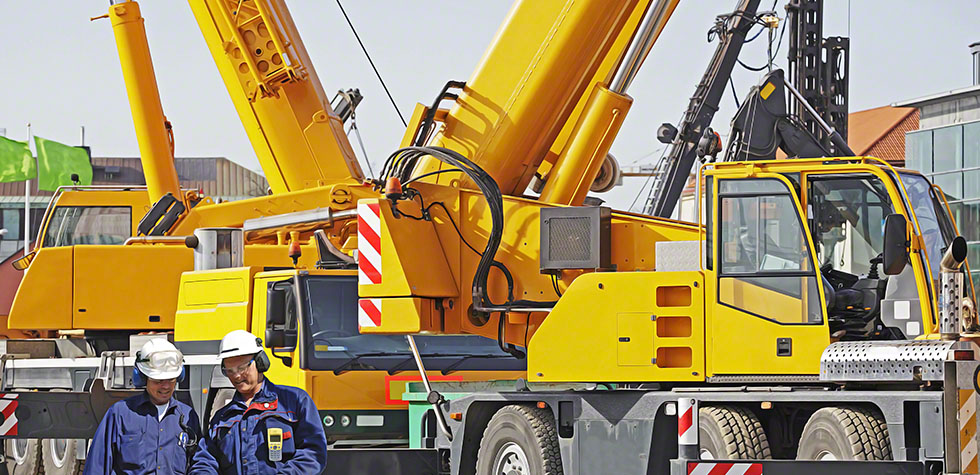Heat pumps, like any other machine, require a fundamental grasp of technology and operation. You will need some fundamental understanding whether you are installing a new heat pump or seeking for furnace services for maintenance.
Answers to Frequently Asked Questions
Whether you are researching heat pumps or relying on them for year-round home comfort, you may have worries. The following are the questions that usually arise, along with their responses:
What is a heat pump, exactly?
Heat pumps are mechanical devices that absorb heat from the environment and release it within the home. The most startling aspect of heat pumps is that they function even when the temperature outside is below freezing.
However, one of the most prevalent complaints about heat pumps is that they are inefficient at sub-zero temperatures. So, if it does not snow, your heat pump should be OK. A fireplace with a chimney will be more trustworthy in this sense.
As a result, homeowners must frequently strike a compromise between expenses and heat pump efficiency. This is maybe what deters most individuals from purchasing these devices.
What sets it apart from an air conditioner?
On the outside of your home, a heat pump and air conditioner might seem practically identical, and there is a good chance it looks like your neighbor’s outside metal box. While a heat pump may provide both heating and cooling for your house, you can easily tell whether you have one by testing it in the heating mode.
What Is a Heat Pump and How Does It Work?
A heat pump’s operation is essentially straightforward. These devices transmit heat across several materials, most often using refrigerant and electricity. A heat pump, for example, may absorb heat from the outside and then release it within the house.
However, the heat pump may provide heat to the refrigerant before that. When this refrigerant is compressed, its temperature rises. As a consequence, the increased warmth infiltrates the home, so warming it up.
What are the Benefits of Putting in a Heat Pump?
Aside from its great efficiency and efficient use of space, it is also cost effective because you will only need to purchase one heating and cooling device instead of two. The efficiency of a heat pump rises greatly since the energy used is only used to power the condenser and evaporator motors.
Is a Heat Pump More Energy Efficient Than an Air Conditioner?
The refrigeration cycle may be used to cool your home via a heat pump or an air conditioner. To determine if one provides superior performance than another, you must examine the exact dimensions, cooling properties, and reliability scores.
However, if your home requires heat, a heat pump will perform double duty, cooling and heating your home all year. On the other hand, an air conditioner is designed just to keep your house pleasant.
Conclusion
Not all heating and cooling systems are created equal. Some are more energy efficient, while others may result in high electricity costs. So, before you choose a heat pump, be sure you have done your homework.
The heat pump, like any other heating or cooling system, has advantages and disadvantages. Because your heat pump is built to both heat and cool your home, it may operate all year.
If your heat pump is not working, it is a good idea to get help from heat pump repair services Falls Church in the spring or fall, depending on your climate. By getting timely help, you can maintain your heat pump and prolong its life. This will also help you in saving more money in the long run.




